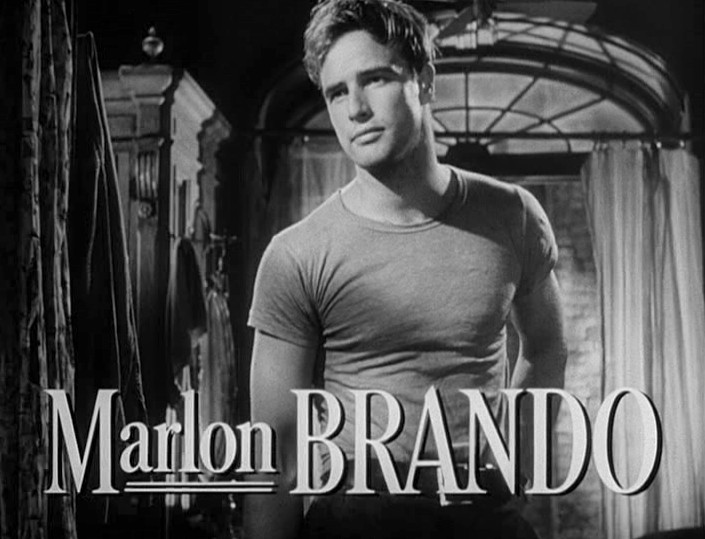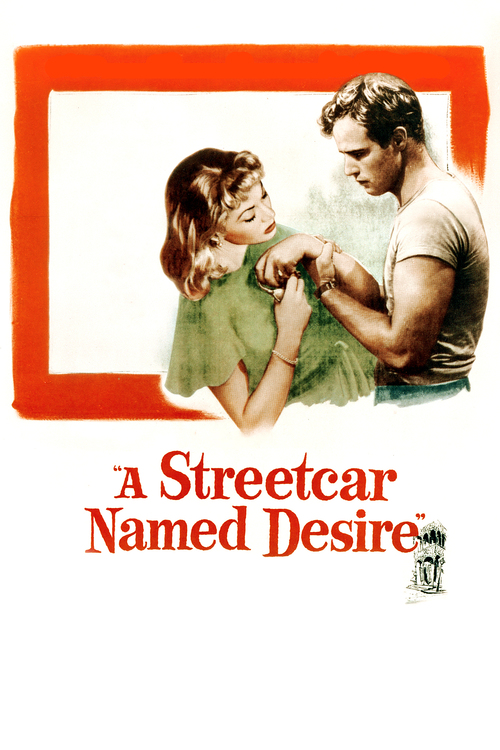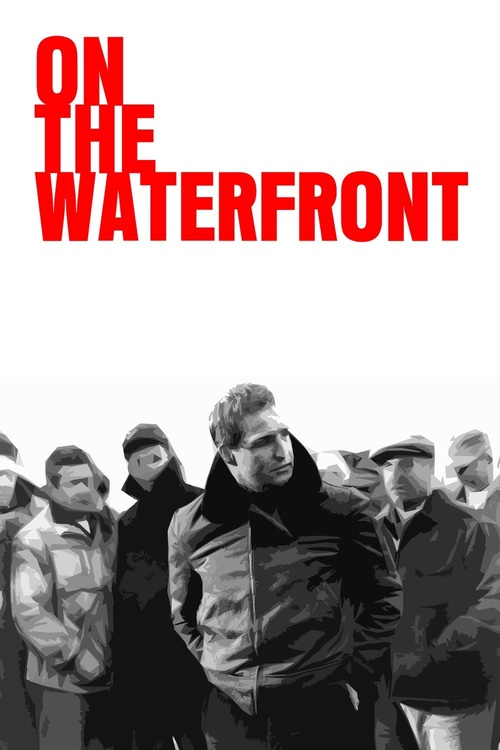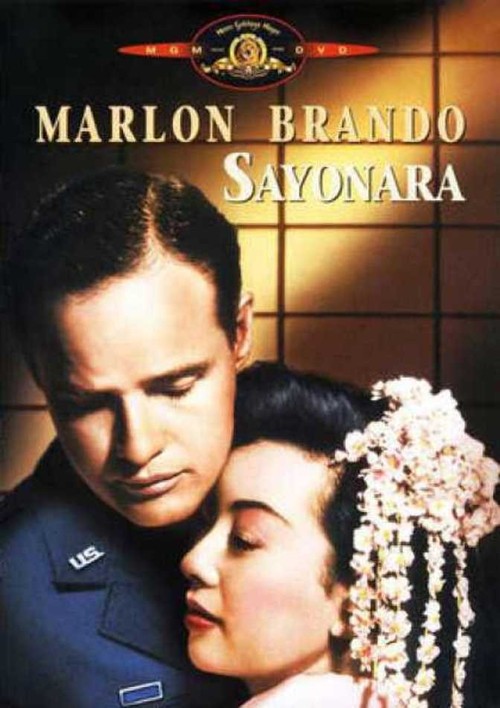“I admire Marlon’s talent, but I don’t envy the pain that created it.”
– Anthony Quinn
While fully acknowledging his prodigious talent, the prevailing sentiment of the critical community seems to be that Marlon Brando was a remote, tortured man who squandered his prodigious talent for easy money. Some pundits sound downright miffed, as if a good kick in Brando’s voluminous rear-end might have shocked him back to a full appreciation of just what he owed his public.
Brando’s filmography in fact provides sufficient proof that the actor’s own demons helped stall a career that in its hey-day (the mid-late fifties) seemed limitless in potential. Even though the Broadway stage had brought him sudden and early fame, as his career progressed Brando consciously resisted the traditional course of returning periodically to theatre to hone his craft with more demanding, highbrow works of classic and contemporary theatre.
Three personal qualities likely contributed to this decision: an inherent contrariness, the laziness that often accompanies success earned too quickly, and a corrosive contempt for his chosen profession, a path he chose only because it was the one thing he could do well.
Brando grew up the son of alcoholic parents — unappreciated, and often ignored. Desperate to gain attention from his pre-occupied mother, he learned to play-act and entertain from an early age. His early isolation bred in him both a vivid internal life and a seething resentment that would inform his acting persona and approach. In real life, his fundamental wariness and barely concealed self-loathing would make it difficult for him to trust and enjoy other people.
From the start, Brando’s public image reflected a basic truth about the man: he was complex, brooding, and angry, while at the same time child-like in his vulnerability. His ability to draw on the techniques of “The Method,” plumbing the depths of his unhappy, lonely childhood to create searing emotions on-screen, made him not just the embodiment of a new generation of actor, but a new kind of actor entirely, one perfectly in keeping with the darker realities of the post-war, atomic age.
Beyond the undeniable impact of “Method” proponent Stella Adler, to whom he credited with much of his success, Brando’s unique gift came from his uncanny ability to portray conflicting, suppressed emotions like no other actor before or since. Driving this was his core belief that the inner lives of human beings could not be drawn in black and white, only murky shades of gray. This meant that otherwise decent people, filled with hidden, often frightening contradictions, could inexplicably do horrible things.
Technique and motivation aside, the result was clear enough: no actor had ever filled a stage or a screen quite like Brando. Popular and critical adulation came at him like a tidal wave, and the actor privately dealt with the onslaught by dismissing the importance of his craft. He referred to acting as “an empty and useless profession,” and Hollywood as “a cultural boneyard.” His whole film career came to represent a paycheck he wasn’t principled enough to resist.

This sour outlook, coupled with a growing reputation as an erratic and unpredictable on-set personality, would result in a steadily diminishing quality of output in the sixties. Like Elizabeth Taylor, he became known for a time as a bloated has-been, a personification of the greed and self-indulgence of a now vanished Hollywood.
When Francis Ford Coppola approached him to audition for the part of Don Corleone in “The Godfather,” the actor had not worked in two years. Though Burt Lancaster was lobbying heavily for the role (ironically, the same actor who had launched Brando by turning down “Streetcar” on Broadway), he didn’t stand a chance once Marlon put that Kleenex in his cheeks.
In the wake of this iconic role and his second Oscar (which he famously refused), Brando milked his comeback by making one more notable film ( “Last Tango in Paris”), and then walking away from the industry, only returning when a pay day was too sweet to pass up. A telling quote from this period: “I’m not an actor and haven’t been for years. I’m a human being — hopefully a concerned and somewhat intelligent one — who occasionally acts.”
Though it’s difficult to deny the prevailing sense of waste in Brando’s career and life, he must be credited with acting on his idealism. He was a frequent supporter of the rights of disenfranchised groups, whether advocating for the plight of Native Americans, or lending his presence and support to the Civil Rights movement.
It is also true that he paid dearly for his shortcomings and mistakes, living to see his son Christian’s arrest for murder, and the eventual suicide of his daughter, Cheyenne. Who would wish this kind of pain on anyone?
Out of the spotlight and safe from prying eyes on his private Polynesian island, the star indulged in the only activity that provided real comfort: eating. Though always a prodigious gourmand, in later years the actor’s weight ballooned to 350 pounds (at 5’10”). Even on “Apocalypse Now,” shot when Brando was still in his fifties, director Francis Coppola had no alternative but to shoot the star in shadow, and when needed, utilize a stand-in. It was sad to think this obese figure had once played the lean, well-muscled Stanley Kowalski in a form-fitting tee-shirt.
Below are the Brando titles that remain in fine trim, demonstrating a striking, simple truth: no other actor could touch Marlon Brando at his best.



